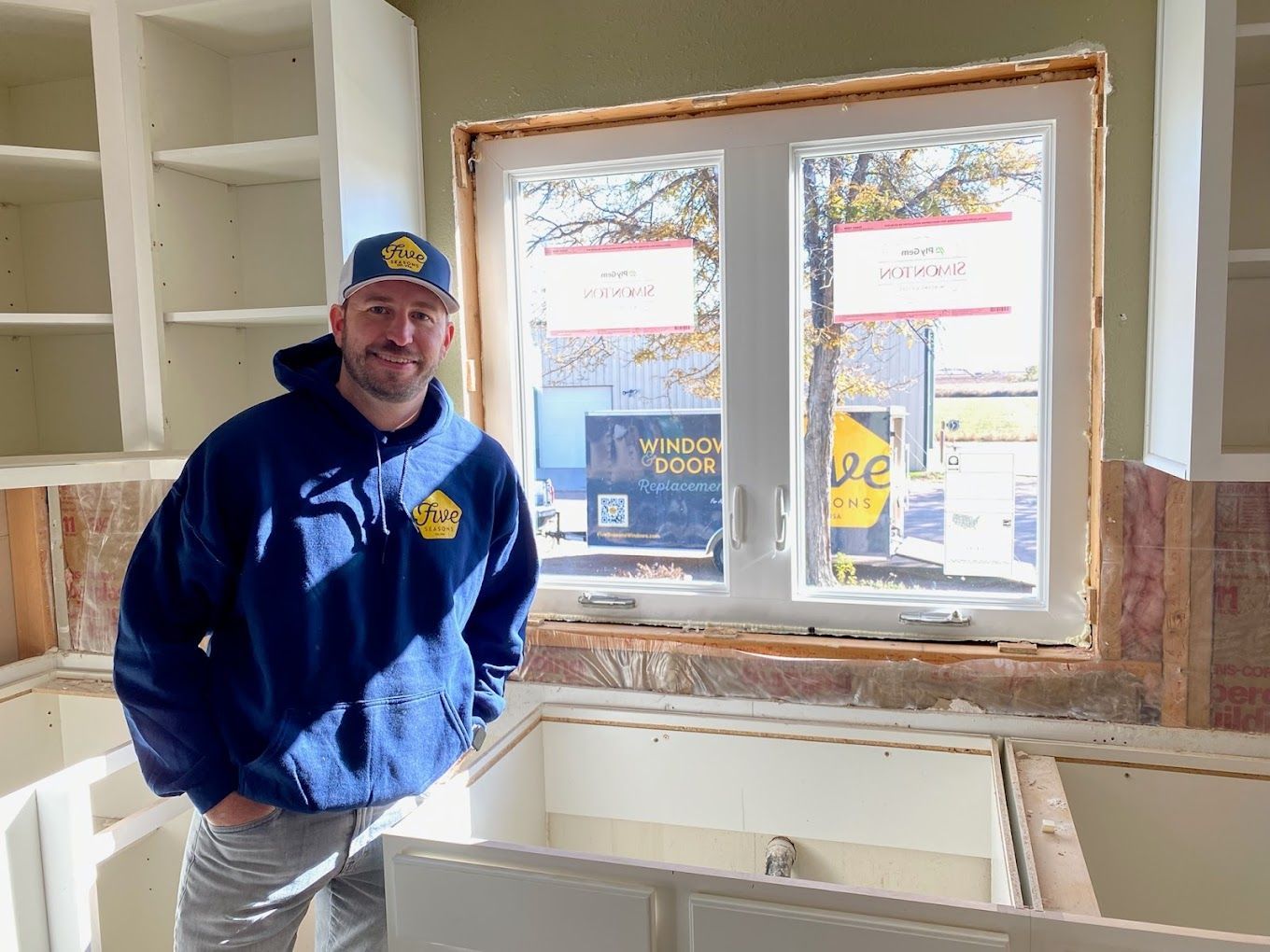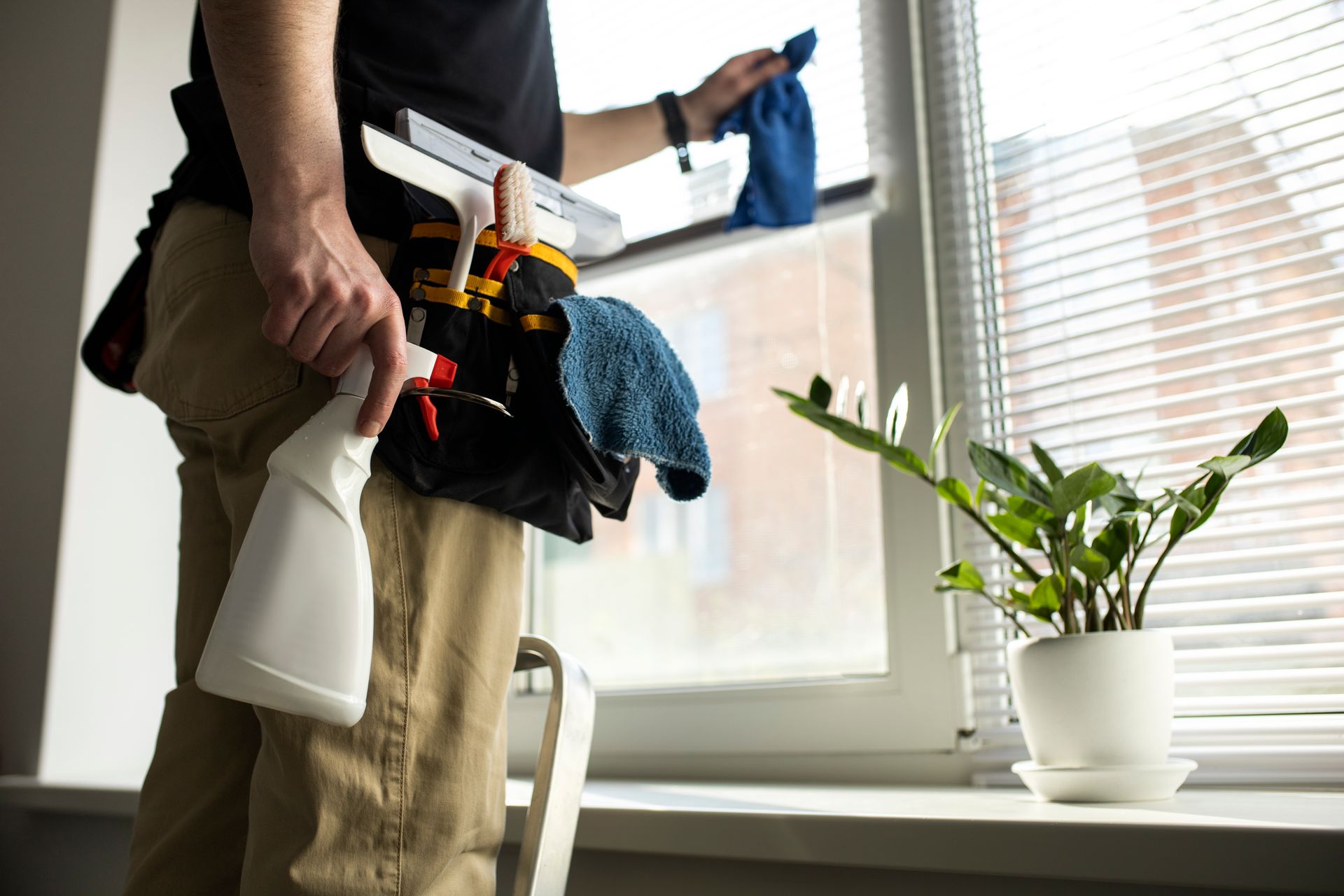Extending the life of replacement windows requires regular cleaning, proper lubrication of hardware, weatherstripping maintenance, and seasonal inspections to prevent minor issues from becoming major problems. These simple practices can extend window lifespan by 5-10 years beyond normal expectations.
According to the Window & Door Manufacturers Association, homeowners who follow proper maintenance schedules see 30-40% longer window service life compared to those who neglect routine care, with maintenance costs representing less than 2% of original window investment over the extended lifespan.
Replacement windows represent significant investments that deserve protection through proper care and maintenance. While quality windows are designed for decades of service, their actual lifespan depends heavily on how well they're maintained throughout their operational life. Understanding proven maintenance strategies helps homeowners maximize their window investment while ensuring optimal performance and energy efficiency for years beyond manufacturer expectations.
Essential Cleaning and Care Practices
Regular Cleaning Schedules and Techniques
Window cleaning should occur at least twice annually, with additional cleaning in harsh environments or during construction projects that create excessive dust and debris. Use mild soap solutions and soft cloths to avoid scratching glass or damaging frame finishes.
Clean window tracks and drainage channels regularly to prevent water buildup and debris accumulation that can cause operational problems and frame damage. Remove leaves, dirt, and other debris that can block drainage systems and create moisture problems that accelerate deterioration.
Proper Glass and Frame Care
Different window materials require specific cleaning approaches to avoid damage and maintain appearance. Vinyl frames benefit from gentle cleaners that won't cause chalking or discoloration, while wood frames may need specialized cleaners that preserve finish integrity.
Avoid abrasive cleaners, steel wool, or harsh chemicals that can damage protective coatings on glass and frames. Power washing should be avoided as high-pressure water can force moisture past seals and cause long-term damage to window systems.
Hardware Maintenance and Lubrication
Moving Parts and Operating Mechanisms
Window hardware requires regular lubrication to maintain smooth operation and prevent premature wear. Use manufacturer-recommended lubricants on hinges, locks, and operating mechanisms every six months or as specified in warranty documentation.
Inspect hardware for loose screws, worn components, or signs of corrosion that could affect window operation or security. Tighten loose hardware promptly and replace worn components before they cause damage to other window parts or compromise performance.
Weatherstripping and Seal Maintenance
Weatherstripping inspection should occur annually, checking for cracks, gaps, or compression that reduces sealing effectiveness. Replace damaged weatherstripping promptly to maintain energy efficiency and prevent air and water infiltration.
Different weatherstripping materials have varying lifespans and replacement requirements. EPDM rubber and silicone weatherstripping typically last longer than basic foam materials, but all types benefit from regular inspection and timely replacement when showing wear signs.
Seasonal Maintenance and Protection
Preparing Windows for Weather Extremes
Seasonal preparation helps windows withstand weather challenges and prevents damage from temperature extremes, storms, and environmental stresses. Remove storm debris promptly and inspect for damage after severe weather events.
Winter preparation includes checking weatherstripping integrity, lubricating hardware before cold weather affects operation, and ensuring drainage systems are clear to prevent ice buildup. Summer preparation focuses on UV protection and ensuring adequate ventilation to prevent overheating.
Professional Inspection and Tune-ups
Annual professional inspections can identify potential problems before they become costly repairs or cause premature window failure. Professional technicians understand manufacturer-specific maintenance requirements and can spot issues that homeowners might miss.
Professional maintenance services often include adjustment of hardware, replacement of weatherstripping, and minor repairs that extend window life significantly. The cost of professional maintenance is minimal compared to premature window replacement expenses.
Preventing Common Damage Causes
Environmental Protection Strategies
Protect windows from landscaping damage by maintaining adequate clearance between plants and window frames. Sprinkler systems should be adjusted to avoid direct water contact with windows, which can cause mineral buildup and accelerate frame deterioration.
Consider installing storm doors or protective coverings in areas prone to severe weather, flying debris, or extreme environmental conditions. These protective measures can prevent damage that would otherwise require costly repairs or premature replacement.
Proper Operation and Usage
Train family members on proper window operation to prevent damage from forcing stuck windows or using excessive force on hardware. Windows should open and close smoothly, and any resistance or difficulty should be addressed promptly through maintenance or professional service.
Avoid using windows as supports for air conditioning units, hanging decorations, or other items that can stress frames or hardware beyond design limits. Proper usage prevents structural damage that can significantly reduce window lifespan.
Energy Efficiency Preservation
Maintaining Thermal Performance
Regular maintenance of seals, weatherstripping, and glazing systems helps preserve the energy efficiency benefits that justify window replacement investments. Monitor energy bills for unexplained increases that might indicate declining window performance.
Address minor air leaks promptly through weatherstripping replacement or seal repair before they develop into major efficiency problems. Small maintenance investments can prevent significant energy cost increases and extend the period before replacement becomes necessary.
Understanding how different window materials age and what lifespans to expect helps inform maintenance priorities and timing decisions. For comprehensive information about window longevity expectations and factors affecting service life, explore our detailed guide: 🔗How Long Do Replacement Windows Last: Lifespan Guide by Material & Quality
Glazing System Care
Multiple-pane windows require special attention to maintain the integrity of seals between glass layers. Condensation between panes indicates seal failure that requires professional attention to prevent further deterioration.
Protective films or coatings should be maintained according to manufacturer specifications to preserve their effectiveness. Some coatings may require periodic renewal or professional restoration to maintain optimal performance throughout the window's service life.
Identifying and Addressing Issues Early
Warning Signs and Symptoms
Early identification of problems allows for minor repairs that prevent major issues and extend window life significantly. Common warning signs include difficulty operating windows, visible gaps in weatherstripping, or changes in energy efficiency.
Document window condition through photos and notes to track changes over time and identify developing problems. This documentation helps prioritize maintenance needs and provides valuable information for professional service providers.
When to Call Professionals
Some maintenance tasks require professional expertise to avoid damage or voiding warranties. Complex hardware adjustments, seal repairs, or structural issues should be handled by qualified technicians with manufacturer-specific training.
Professional intervention becomes necessary when DIY maintenance cannot resolve operational problems or when warranty coverage requires certified service providers. Early professional attention often prevents minor issues from becoming major expenses.

People Also Ask About Extending Replacement Window Life
1. How often should I clean my replacement windows to extend their life?
Clean replacement windows at least twice per year for optimal longevity, with additional cleaning in dusty environments or during construction projects. Spring and fall cleaning schedules work well for most climates, allowing you to address seasonal debris and prepare for weather changes.
Focus cleaning efforts on both glass surfaces and frame components, paying special attention to tracks and drainage channels where debris accumulates. Monthly spot cleaning of high-traffic windows or those exposed to cooking fumes, fingerprints, or pet contact helps maintain appearance and prevents buildup that can damage components.
In harsh environments like coastal areas with salt exposure or industrial areas with pollution, quarterly cleaning may be necessary to prevent accelerated deterioration. The key is consistency rather than intensity – regular gentle cleaning preserves windows better than infrequent aggressive cleaning.
2. What type of lubricant should I use on window hardware?
Use manufacturer-recommended lubricants or high-quality silicone-based products that won't attract dirt or cause buildup over time. Avoid petroleum-based lubricants like WD-40 for regular maintenance, as they can attract dust and may degrade some rubber components.
White lithium grease works well for heavy-duty hardware like cranks and hinges, while light machine oil is appropriate for locks and small moving parts. Some manufacturers provide specific lubricant recommendations in their maintenance guides, which should take precedence over general products.
Apply lubricants sparingly and wipe away excess to prevent dirt accumulation. Over-lubrication can cause more problems than under-lubrication, so focus on thin, even applications to moving parts. Reapply every six months or as specified in your window warranty documentation.
3. Can I extend window life by adding storm windows or protective measures?
Storm windows can significantly extend replacement window life by providing additional protection from weather, reducing UV exposure, and minimizing thermal stress on primary windows. They also add an extra barrier against flying debris during storms and reduce the workload on primary window seals.
Protective measures like awnings, overhangs, or landscaping can reduce direct weather exposure and UV damage that accelerates window aging. However, ensure protective additions don't trap moisture or create ventilation problems that could cause different issues.
The investment in storm windows or protective measures often pays for itself through extended primary window life and improved energy efficiency. Consider these additions particularly valuable in harsh climates or areas prone to severe weather events.
4. How do I know if my window maintenance is working?
Effective maintenance is indicated by smooth window operation, maintained energy efficiency, and absence of visible deterioration like frame damage, seal failures, or hardware problems. Windows should continue opening and closing easily throughout their service life.
Monitor energy bills for unexplained increases that might indicate declining window performance. Well-maintained windows should maintain their thermal efficiency for most of their service life, with gradual rather than sudden performance decline.
Document window condition annually through photos and operational tests. Windows that continue performing well after 15-20 years with regular maintenance demonstrate the effectiveness of your care routine, while premature problems may indicate inadequate or improper maintenance.
5. What maintenance mistakes can actually shorten window life?
Using harsh chemicals or abrasive cleaners can damage protective coatings and frame finishes, leading to accelerated deterioration and reduced lifespan. Power washing or high-pressure cleaning can force water past seals and cause hidden damage that becomes apparent years later.
Neglecting drainage system maintenance allows water buildup that can cause frame rot, seal failures, and structural damage. Forcing stuck windows or using excessive pressure on hardware can cause mechanical damage that requires costly repairs or premature replacement.
Over-lubricating hardware attracts dirt and debris that can cause more wear than properly lubricated components. Ignoring minor issues like small air leaks or loose hardware allows problems to develop into major failures that could have been prevented with timely attention.
Our Take
At Five Seasons Windows & Doors, we've observed that homeowners who commit to regular maintenance routines consistently get 25-40% longer service life from their replacement windows compared to those who treat windows as "install and forget" components. This difference becomes particularly pronounced in Colorado's challenging climate where environmental stresses test window systems continuously.
Our service experience shows that most window problems develop gradually and can be prevented through proper maintenance. We regularly see 20-30 year old windows that still perform excellently because their owners invested minimal time and effort in routine care, while neglected windows of the same age often require complete replacement.
We believe that maintenance education is as important as quality installation for maximizing window investments. Our maintenance programs help customers understand their specific window requirements and develop sustainable care routines that protect their investments throughout their entire service life, often extending performance well beyond manufacturer estimates.
Final Takeaway
Extending the life of replacement windows requires consistent attention to routine maintenance tasks that prevent minor issues from becoming major problems. Simple practices like regular cleaning, hardware lubrication, and weatherstripping maintenance can add years to window service life while maintaining optimal performance.
The key to successful window maintenance lies in developing sustainable routines that address the specific needs of your window materials and local climate conditions. Regular attention to cleaning, hardware care, and seasonal preparation protects window investments far more effectively than reactive repairs after problems develop.
Professional maintenance services provide valuable expertise for complex issues and help ensure warranty compliance, but homeowners can handle most routine maintenance tasks with basic tools and knowledge. By combining DIY maintenance with professional support when needed, you can maximize your replacement window investment and enjoy decades of reliable, efficient performance.
Get Started Today
Five Seasons Windows & Doors is Colorado’s top-rated local window company with 230+ 5-star reviews. We offer expert advice, no-pressure quotes, and flexible project options — including phased installs. Schedule your consult today.




